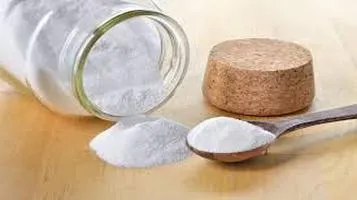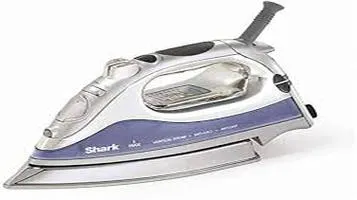Baking Soda: A Versatile Household Staple
Baking soda, also known as sodium bicarbonate, is a versatile white crystalline powder with a myriad of uses, ranging from culinary applications to household cleaning. In baking, it acts as a leavening agent, releasing carbon dioxide when combined with an acid, such as vinegar or lemon juice, thereby helping doughs and batters rise and become light and fluffy. Beyond the kitchen, baking soda serves as an effective deodorizer, neutralizing odors in refrigerators and carpets. It is also a mild abrasive, making it suitable for cleaning surfaces without scratching. Additionally, baking soda can be used as a natural remedy for relieving heartburn and indigestion due to its alkaline nature, which helps neutralize stomach acid. Economical and environmentally friendly, it's a staple in many homes.

Baking soda, scientifically known as sodium bicarbonate, is a compound that has been a staple in households for centuries. Its versatility extends far beyond its common use in baking, making it an indispensable item in homes across the globe. This review will explore the multifaceted uses of baking soda, its benefits, and some potential drawbacks, providing a comprehensive overview of this remarkable substance.
Baking Soda in the Kitchen
One of the most well-known uses of baking soda is in baking. As a leavening agent, it reacts with acids in recipes to produce carbon dioxide gas, which helps dough rise. This chemical reaction is crucial for achieving the light and fluffy texture in baked goods like cakes, cookies, and bread. Its ability to neutralize acidity also makes it a key ingredient in recipes that require a balanced pH.
But baking soda's utility in the kitchen doesn't stop at baking. It serves as an excellent cleaning agent. Its mildly abrasive nature makes it perfect for scrubbing surfaces without scratching, and it can easily remove stubborn stains from countertops, sinks, and even cookware. A mixture of baking soda and water can also be used to clean fruits and vegetables, effectively removing pesticides and dirt.
Baking Soda as a Deodorizer
One of the standout characteristics of baking soda is its ability to neutralize odors. This makes it a popular choice for keeping refrigerators, freezers, and even shoes smelling fresh. Sprinkling baking soda in the bottom of trash cans or litter boxes can help control unpleasant smells. Its deodorizing properties extend to personal hygiene as well. A small amount of baking soda can be added to toothpaste for an extra cleaning boost and fresher breath. It can also be used as a natural deodorant, effectively combating body odor without the use of harsh chemicals.
Health and Beauty Uses
Baking soda has various applications in health and beauty regimes. Due to its alkaline nature, it can help soothe skin irritations and insect bites. Many people use it as an exfoliant to remove dead skin cells, although it should be used sparingly to avoid skin irritation. Its ability to neutralize acids makes it an effective remedy for heartburn and indigestion when consumed in small quantities dissolved in water.
Additionally, baking soda can be used as a shampoo alternative or a dry shampoo. It helps to remove buildup from hair products, leaving hair feeling clean and refreshed. However, it's important to follow up with a conditioner, as baking soda can strip natural oils from the hair.
Environmental Benefits
In an era where environmental consciousness is paramount, baking soda stands out as an eco-friendly alternative to many commercial products. It is non-toxic and biodegradable, making it safe for use around children and pets. Unlike many cleaning agents that contain harmful chemicals, baking soda poses no risk to the environment. Its use in homemade cleaning solutions can significantly reduce the number of plastic bottles and chemical-laden products that end up in landfills and waterways.
Potential Drawbacks
Despite its many benefits, baking soda does have some potential drawbacks. When used excessively on the skin or hair, it can cause dryness and irritation due to its high alkalinity. It's essential to use it in moderation and to conduct a patch test before applying it to larger areas of the skin.
Ingesting large amounts of baking soda can also be harmful. While it can provide temporary relief from indigestion, overconsumption can lead to metabolic alkalosis, a condition characterized by an elevated pH in body tissues. Symptoms of this condition include nausea, muscle spasms, and irritability. Therefore, it's crucial to use baking soda for health purposes only as directed and in appropriate quantities.
Conclusion
Baking soda is a true multitasker, offering a wide range of uses that extend well beyond the kitchen. Its effectiveness as a leavening agent, cleaner, deodorizer, and health remedy makes it a valuable addition to any household. Its eco-friendly and non-toxic nature further enhances its appeal in an age where sustainability is increasingly important.
However, like any product, it should be used with a degree of caution. Understanding its properties and the appropriate contexts for its use can help maximize its benefits while minimizing potential drawbacks. In summary, baking soda is a cost-effective, versatile, and environmentally friendly substance that every household can benefit from having on hand. Whether you're baking a cake, cleaning your home, or seeking a natural remedy, baking soda is a reliable and time-tested choice.






